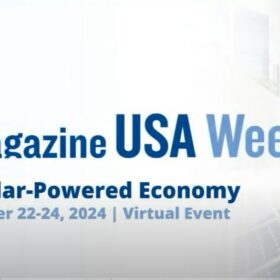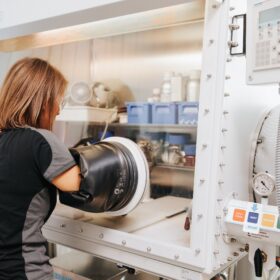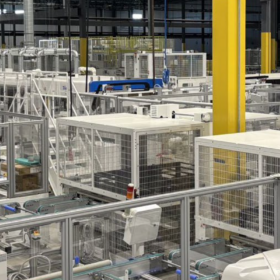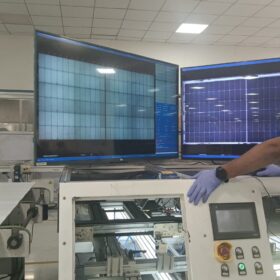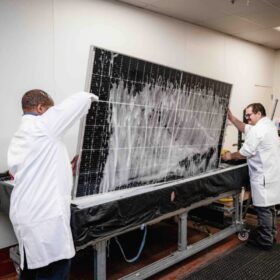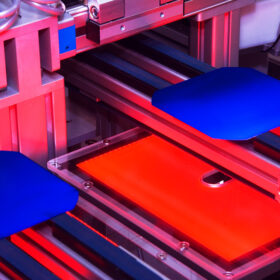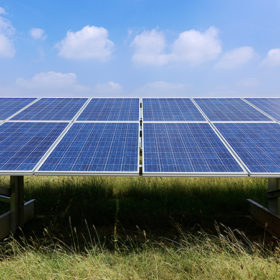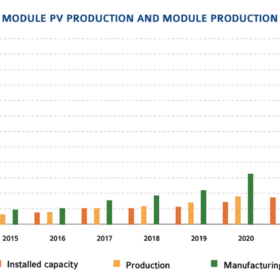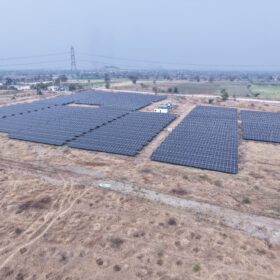Solar ignites U.S. manufacturing
On Day Three of pv magazine USA Week, four solar experts explored these forces while taking a deep dive into what the domestic manufacturing landscape looks like and what we can expect in the near future.
Epsilon, Korea’s Daejoo join hands to develop graphite-rich silicon composite anode material for EV lithium batteries
Epsilon Advanced Materials and Daejoo Electronic Materials aim to jointly develop graphite-rich silicon composite anode materials for lithium-ion batteries with a capacity of 450 – 600 mAh/g, thereby increasing discharge capacity by 50% and life span by thousands of cycles.
Freyr to acquire Trina Solar U.S. manufacturing assets
The battery maker reports that acquiring the module manufacturing assets is the first step in its plan to build out a vertically integrated domestic manufacturing footprint that will next include a 5 GW solar cell facility.
Waaree Energies secures 180 MWp solar module supply order
Waaree Energies has secured the order to supply 180 MWp of solar modules to a domestic renewable power producer.
PVEL scorecard shows ‘relevant risks’ for TOPCon technology
The results of this year’s Kiwa PVEL scorecard have shown that TOPCon technology is more vulnerable than PERC, and the failure rate at bill of materials has increased to 41%, the highest in history, according to the testing lab.
U.S. CHIPS Act makes solar manufacturing eligible for significant tax credits
Upstream solar manufacturing will be supported by the Investment Tax Credit, based on final rules released by the Department of the Treasury.
Rajesh Power Services plans to raise around INR 150-160 crore through IPO
The Gujarat-based EPC service provider for the power sector intends to utilise part of the net proceeds for in-house development of technical expertise in the production of green hydrogen and associated equipment such as electrolysers.
India added 12.8 GW of solar capacity in H1 2024, says Mercom
India installed 12.8 GW of new solar capacity in the Jan-June period of 2024. This included 11.7 GW from large-scale solar projects (including 3.7 GW of off-site C&I projects) and more than 1.1 GW rooftop PV.
Module power output distortion on rise
A study by German research institute Fraunhofer ISE has revealed a troubling trend. Data shows that modules are increasingly attributed higher power ratings than they actually have. Though the percentages are incremental, it all
adds up.
Solar manufacturing facing substantial pressures, says IEA-PVPS
The International Energy Agency (IEA) Photovoltaic Power Systems Programme (PVPS) says in its latest report that 2023 was a record-breaking but tumultuous year for solar development. It says the manufacturing industry faces pressure from supply-demand imbalances, with overcapacity causing prices to collapse.
